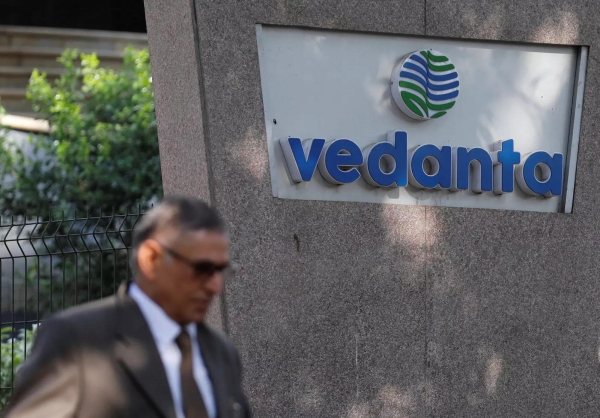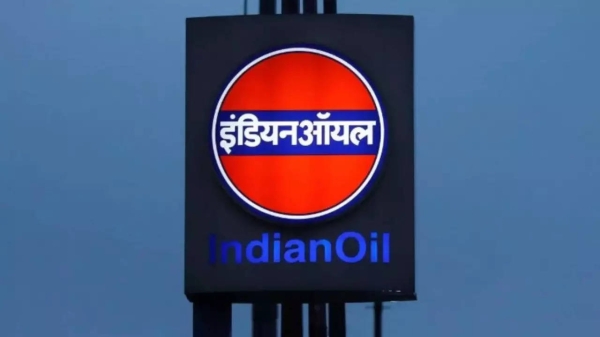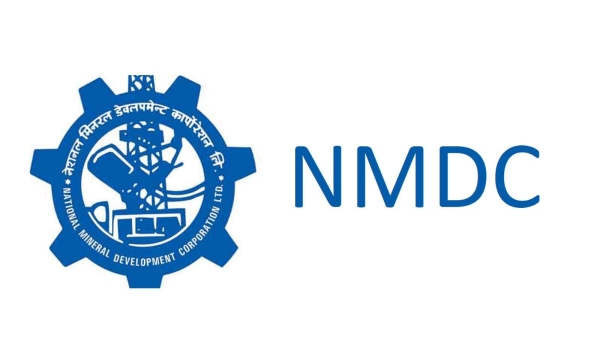Best Highest Dividend paying Stocks in India 2023
Perhaps you've been reading in the news about upcoming dividend stocks and high-dividend stocks and wondering if you should invest in one of these high-dividend
- by B2B Desk 2023-01-09 09:39:34
Dividends are payments that companies make from their earnings to shareholders from time to time. They can be realized mainly in the form of cash, but also in the form of shares or other assets.
Perhaps you've been reading in the news about upcoming dividend stocks and high-dividend stocks and wondering if you should invest in one of these high-dividend-paying stocks, too. Investing in such stocks has its downsides – let's dive into this topic starting with the basics.

What are dividends?
The total benefit that the shareholder derives from ownership of the shares is in the form of capital increase (i.e. increase in share price) and dividends. Dividends are payments that companies make from their earnings to shareholders from time to time. They can be realized mainly in the form of cash, but also in the form of shares or other assets.
What are dividend stocks and why should you invest in one?
Dividend stocks are the shares of a company that regularly shares a high dividend of its earnings with its shareholders. If large, profit making companies, in particular, expect their share prices to stagnate, they try to announce a big dividend: it helps satisfy their existing shareholders and attracts potential investors, which drives the share price up. Some companies pay dividends more than once a year in the form of final dividends and interim dividends.
So, if there is an upcoming dividend announcement for a company that regularly announces large dividends, you should buy it, as you will get the dividend (once you pay the share price as you buy) and possibly also benefit from an increase in capital in the near future. Finally, the company's ability to announce a dividend is also a good sign that the company is financially stable and growing.
Before you read more about dividend stocks, it's important to learn some financial terms related to dividends:
The dividend yield is calculated by dividing the company's annual cash earnings per share by the current share price. Dividend Yield = Dividend Per Share / Share Price x 100
The dividend payout rate is calculated by dividing the total dividends paid by the company to its shareholders by the company's total earnings for that year. Dividend Ratio = Dividend Per Share (DPS) / Earnings Per Share (EPS)
Keep in mind that a company with shares that pay dividends at a very high percentage (for example, 50 percent) may not have sufficient funds to reinvest and expand. Therefore, try to avoid the actions of such companies as stocks with higher dividends may not always be in your favor.
Here is a list of some of the Indian stocks with the highest dividend payouts:

1. INEOS Styrolution India Limited-
Last year, the company paid a dividend of INR 297, while its share price is currently at INR 875, so the dividend yield is almost 34 percent. The price of its shares has fallen by 40.28 percent in the last year.

2. Vedanta Company Limited –
The company gave INR 77.5 in dividends last year and its current share price is INR 292.55. Thus, it had a dividend yield of 26.5 percent in 2022. Overall, though, its stocks haven't generated a great return, falling 0.85 percent last year.

3. Indian Oil Company Limited -
The company's dividend yield is 16.8 percent considering that it paid 11.4 USD in dividends in the last 12 months while its current share price is 67.85 USD. However, its share price has fallen by 22.13 percent in the last year.

4. Rural Electrification Limited Company-
It is a subsidiary of Power Finance Corporation Ltd. It has given earnings of 15.3 USD per share with a current share price of INR 95.75. This means that its shareholders enjoy a dividend yield of 16 percent. In the last 12 months, its share price has fallen by 19.56 percent.

5. Power Finance Corporation Ltd. -
It has paid out Rs 12 per share as a dividend and has a current market price of Rs 105.9 which makes its dividend yield equal to 11.33 percent. However, in the last year, its share price has fallen by 24.88 percent.

6. National Mineral Development Corporation Limited-
It has given dividends of Rs 14.74 in the last twelve months and its current share price is Rs. 132.85 which gives its shareholders a dividend yield of around 11.1 percent. Its share price has fallen 8.25 percent in the past 12 months.

7. Steel Authority of India Ltd.-
This CPSE stock gave a dividend of Rs. 8.75 at the current market rate of Rs. 82.3, which gives its shareholders a dividend yield of 10.6 percent. However, its share price has fallen 29.47 percent in the past 12 months.

8. Bharat Electronics Limited-
This CPSE stock gave a dividend of Rs. 4.5 per share (each share is currently priced at Rs 105.95), giving a yield of 4.25 percent. Even better, this year its share price rose 54.93 percent in the last 12 months.

9. National Thermal Power Corporation-
This is also CPSE, whose shares have paid dividends of Rs. 7/share that offers its investors a dividend yield of 4.19 percent at a price of Rs. 166.95 per share. Its share price has risen 10.41 percent in the past year.

10. Union Bank of India-
The stock returned a dividend yield of 4.13 per cent via a dividend of Rs. 1.9 in the last 12 months, while the share price was Rs. 45.95. The share price has grown 1.77 percent in the past year.
Conclusion
Dividends are the lifeblood of many investors. It can help offset inflation. Dividend stocks have not been popular in recent years, but attracted by the prospect of stable income, these stocks are regaining popularity.
These values are a good buffer in times of market volatility. It is also seen as a hedge against inflation. This has increased the demand for dividend stocks of late.
Companies that pay a portion of their profits to shareholders typically have strong earnings records. This helps the company to maintain its dividend in the future.
Dividend stocks also have the potential for value appreciation, giving investors dual benefits. They will bring a decent profit in the long run.
Also Read: 7 Best Mutual Funds to Invest in 2023 - Top Performing Mutual Funds in India
POPULAR POSTS
Best Silver Investment Platforms for 2025: From CFDs to Digital Vaults Explained
by Shan, 2025-10-23 12:22:46
Best Investment Plans in India for 2025: A Complete Guide to Grow and Protect Your Wealth
by Shan, 2025-09-18 10:20:46
Which venture capital firms are the most active in funding Indian startups in 2025
by Shan, 2025-08-06 10:42:11
Top 5 Apps to Buy Digital Gold in India (2025): Safe, Simple & Secure
by Shan, 2025-08-01 10:24:51
10 Highest Dividend Yield Stocks in August 2025
by Shan, 2025-07-28 09:31:02
Exchange-Traded Fund (ETF): A Practical Guide to Smart Investing
by Anmol Chitransh, 2025-04-17 10:18:20
The Ultimate Guide to Commodity Trading: Strategies, Risks, and Opportunities
by Anmol Chitransh, 2025-04-02 07:06:01
RECENTLY PUBLISHED

Loan EMIs to Drop as RBI Slashes Repo Rate - Full MPC December 2025 Highlights
- by Shan, 2025-12-05 11:49:44

The Agentic Revolution: Why Salesforce Is Betting Its Future on AI Agents
- by Shan, 2025-11-05 10:29:23

Pine Labs IPO 2025: Listing Date, Grey Market Premium, and Expert Outlook
- by Shan, 2025-11-05 09:57:07

Top 10 Insurance Companies in India 2026: Life, Health, and General Insurance Leaders Explained
- by Shan, 2025-10-30 10:06:42

OpenAI Offers ChatGPT Go Free in India: What’s Behind This Big AI Giveaway?
- by Shan, 2025-10-28 12:19:11





 Subscribe now
Subscribe now 